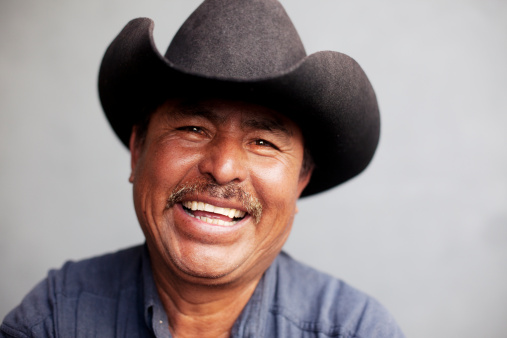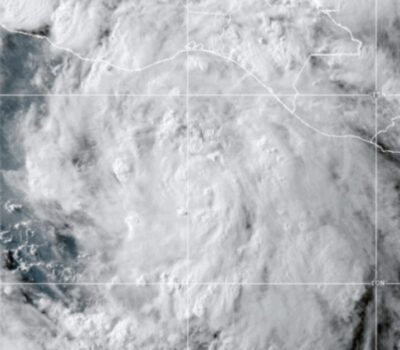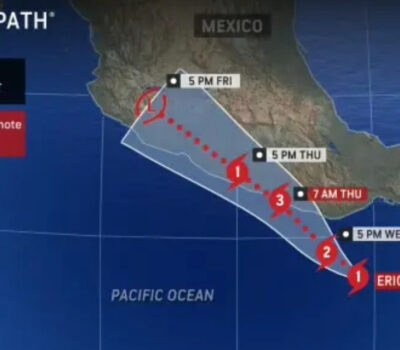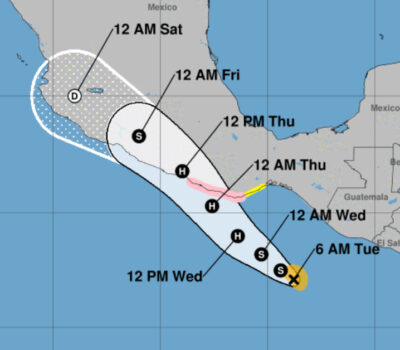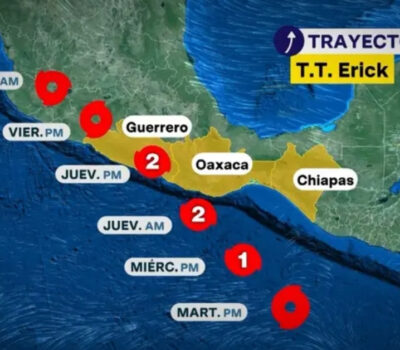Mexico has jumped 12 places in this year’s Happy Planet Index, landing in second place behind Costa Rica. Canada ranked 85 while the United States ranked 108.
Wealthy Western countries, often seen globally as representing success, do not rank highly on the Happy Planet Index. Instead, several countries in Latin America and the Asia Pacific region lead the way by achieving relatively
high and fairly distributed life expectancy and wellbeing with much smaller Ecological Footprints.
The Happy Planet Index provides a compass to guide nations, and shows that it is possible to live good lives without costing the Earth.
The Happy Planet Index combines four elements to show how efficiently residents of different countries are using environmental resources to lead long, happy lives.
Wellbeing: How satisfied the residents of each country feel with life overall, on a scale from zero to ten, based on data collected as part of the Gallup World Poll.
Life expectancy: The average number of years a person is expected to live in each country based on data collected by the United Nations.
Inequality of outcomes: The inequalities between people within a country in terms of how long they live, and how happy they feel, based on the distribution in each country’s life expectancy and wellbeing data.
Ecological Footprint: The average impact that each resident of a country places on the environment, based on data prepared by the Global Footprint Network.
Complete ranking available here
Mexico has jumped 12 places in this year's Happy Planet Index, landing in second place behind Costa Rica. Canada ranked 85 while the United . . .

